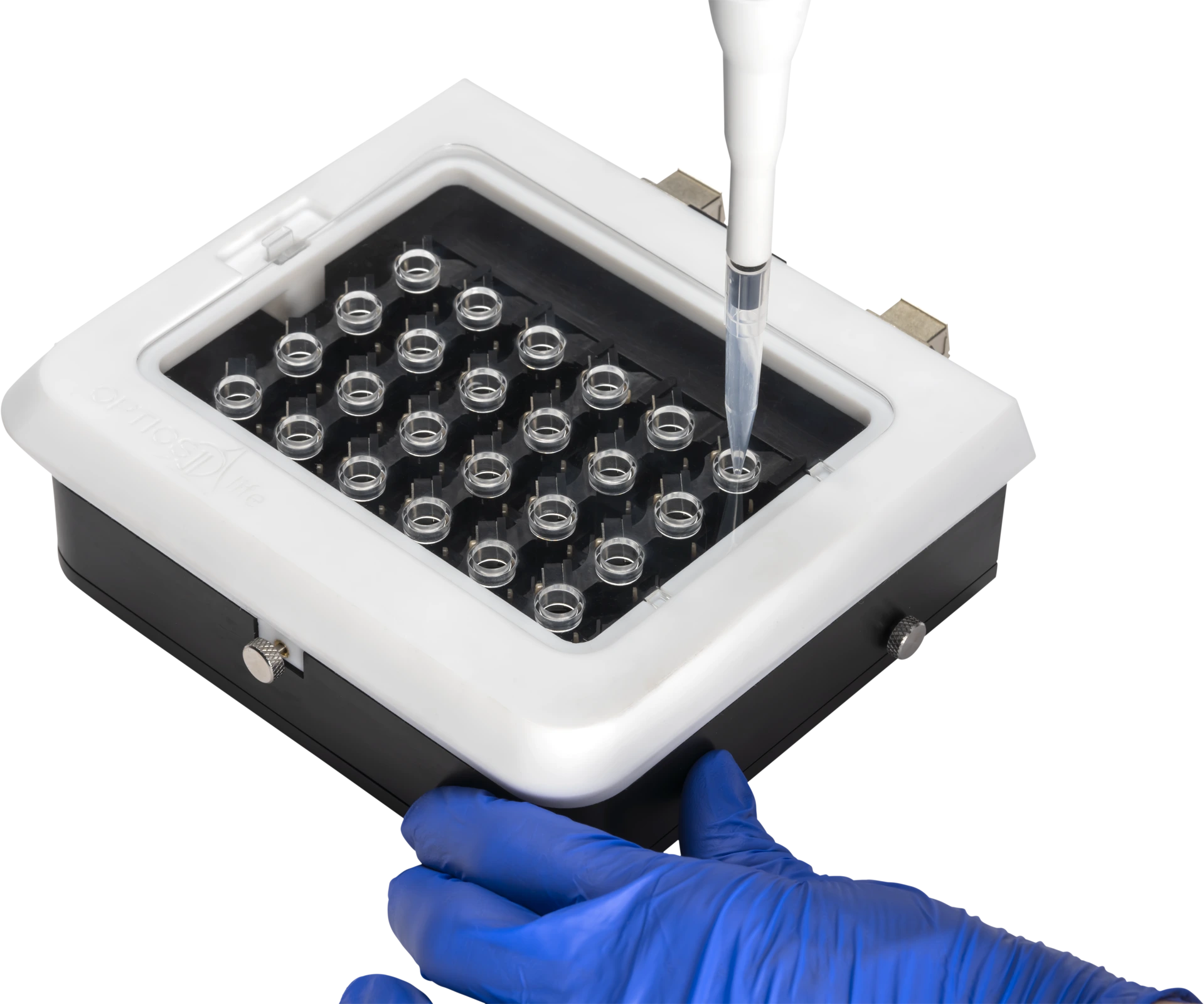Drug screening and toxicity testing in vitro involves using cell cultures or tissues to assess the effects of drugs or chemicals. These tests play a crucial role in drug development, allowing scientists to identify potential candidates, understand their mechanisms of action, and evaluate their safety profiles before progressing to more complex and costly in vivo or clinical studies. In the realm of in vitro models, there is a growing emphasis on physiological relevance systems to improve the accuracy of predictions. The test methods and conditions must follow defined standards to ensure that resulting data are robust and reproducible. Incorporating mechanical property tests into these models, such as spheroids or organoids, contributes to a more realistic representation of in vivo conditions, thereby bolstering the reliability and translational potential of drug screening studies.




